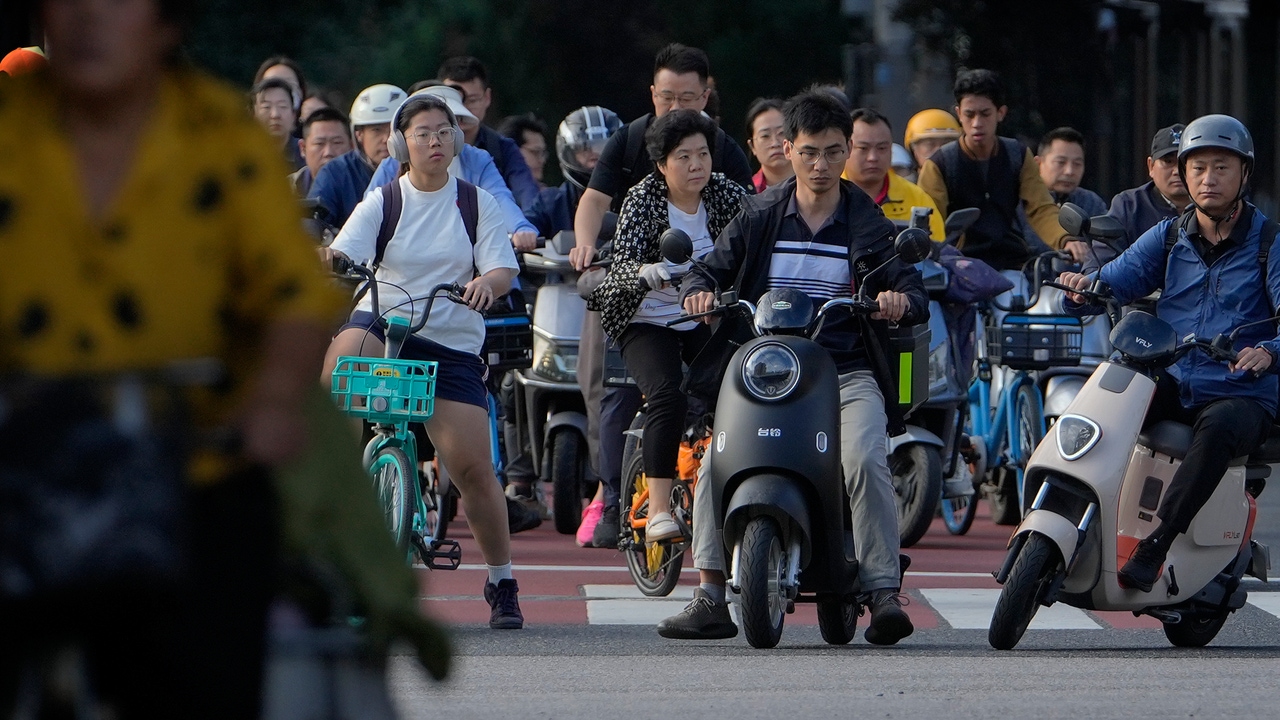China is raising the retirement age to prevent its pension fund from being depleted. It will do so for the first time in seven decades, risking angering citizens forced to continue working in a slowing economy.
The country’s top legislature has approved a plan that will begin in January and take effect gradually over 15 years. When fully implemented, the retirement age for men will have risen from 60 to 63.
Manual workers, who currently retire at 50, will have to wait until they are 55. For white workers, the age will rise from 55 to 58. From 2030, Chinese workers will have to contribute for 20 years, instead of 15, to claim their retirement pension.
The slow rollout of the system will reduce its impact on individuals but will cause anger among some older workers who complain that in an increasingly tight labour market it is becoming harder to keep jobs and find new ones.
According to the Standing Committee, governments at all levels should actively respond to population ageing, promoting and supporting employment and entrepreneurship among workers.
China has one of the lowest retirement ages in the world, but with an expanding population the system worked. Pensions mattered less in a society of large families, where young people supported their retired parents, who in turn helped working children raise their grandchildren.
Pensions range from a few hundred yuan to around 4,000 yuan (approximately 500 euros) per month, depending on contributions and type of employment. China’s population peaked at 1.4 billion and will begin to decline in 2022.
Meanwhile, people are living longer. Life expectancy, which was 44 years in 1960, rose to 78 years in 2021 and is expected to exceed 80 by 2050. As the generation born under the one-child policy dominates the working population, the number of taxpayers paying into state coffers will continue to decline even as the number of retirees collecting pensions increases.
Without a policy change, the state pension fund will be depleted faster than it is filled within a few years and evaporate entirely by 2035, according to some estimates. But there are objections, especially given the uncertain situation of China’s economy, which has recovered more slowly than Western countries from the pandemic amid concerns about the property market and unemployment. Open dissent is risky in a country where those who challenge the government can be locked up.
